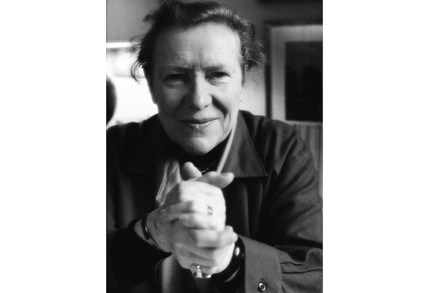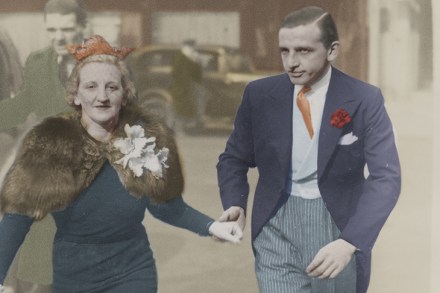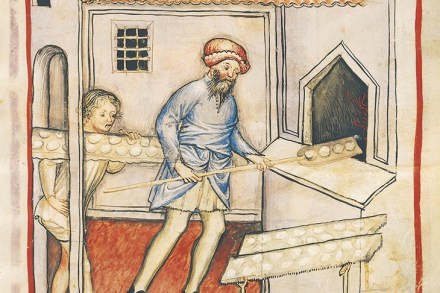Short and sweet: Xstabeth, by David Keenan, reviewed
Aneliya, the Russian narrator of David Keenan’s enjoyably weird new novel, is worried about her dad. Tomasz’s modest music career is coming to an end; his wife left him years ago, and he lives in the shadow of his louche and much more successful best friend Jaco. ‘The famouser musician’ pulls some strings to get Tomasz one last gig, as a favour to Aneliya, with whom he is having a secret affair. Tomasz has a stinker in front of 20 people. An audio sample from his performance subsequently turns up on an obscure LP released under the mysterious moniker Xstabeth. The track is hailed in underground circles as a work





















